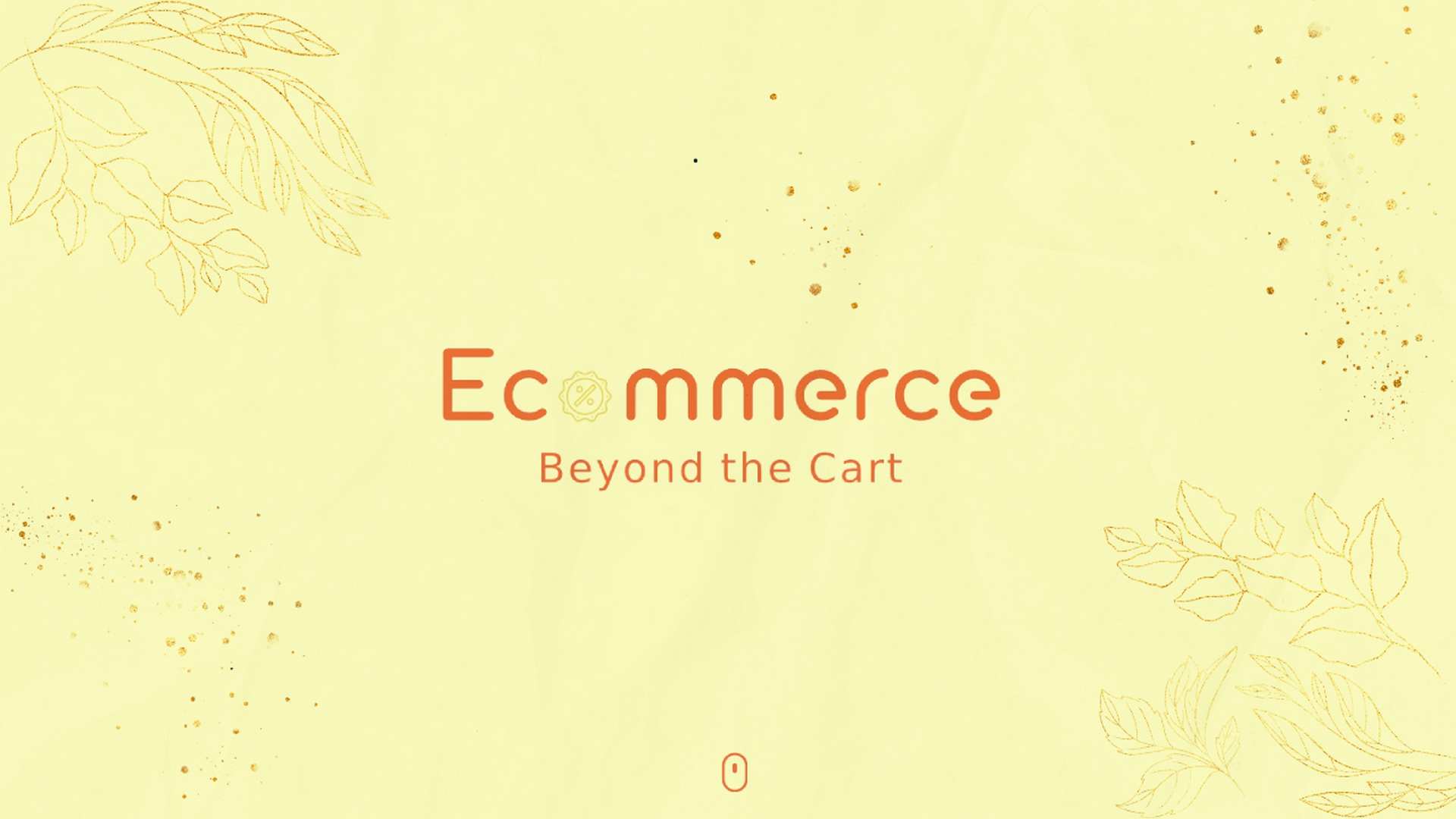Introduction
When it comes to driving traffic to your ecommerce website, there are two main strategies that businesses often consider: search engine optimization (SEO) and pay-per-click (PPC) advertising. Both have their own advantages and disadvantages, so it’s important to understand the differences between the two before deciding which one is right for your business.
Understanding Ecommerce SEO
Ecommerce SEO, or search engine optimization, is the process of optimizing your website to improve its visibility in search engine results pages (SERPs). This involves making changes to various elements of your website, such as meta tags, headings, and content, to make it more relevant to search engines.
One of the key factors in ecommerce SEO is keyword research. By identifying the keywords that your target audience is searching for, you can optimize your website to rank for those terms and attract more organic traffic.
Another important aspect of ecommerce SEO is creating high-quality, relevant content. By regularly publishing blog posts, product descriptions, and other content that provides value to your audience, you can improve your website’s authority and relevance in the eyes of search engines.
Pros and Cons of Ecommerce SEO
One of the main advantages of ecommerce SEO is that it can help you attract a steady stream of organic traffic over time. Unlike PPC advertising, which requires ongoing investment, SEO can continue to drive traffic to your website even if you stop actively optimizing it.
However, ecommerce SEO can be a slow process. It often takes months to see significant results, and it requires ongoing maintenance and updates to keep up with changes in search engine algorithms. Additionally, competition for top rankings can be fierce, especially in competitive industries.
Another potential downside of ecommerce SEO is that it can be difficult to measure its ROI. Unlike PPC advertising, where you can track exactly how much you’re spending and how many clicks you’re getting, SEO results can be more difficult to quantify.
Understanding PPC Advertising
PPC advertising, or pay-per-click advertising, involves paying for ads to appear in search engine results pages. These ads are typically displayed at the top of the page or in a sidebar, and you only pay when someone clicks on your ad.
One of the key benefits of PPC advertising is that it can deliver immediate results. By bidding on relevant keywords, you can have your ads appear at the top of search results pages and start driving traffic to your website right away.
PPC advertising also offers more control over your ad campaigns. You can target specific audiences based on factors like location, demographics, and interests, and you can adjust your budget and targeting parameters at any time.
Pros and Cons of PPC Advertising
One of the main advantages of PPC advertising is its immediacy. Unlike SEO, which can take months to see results, PPC ads can start driving traffic to your website as soon as your campaign goes live.
However, PPC advertising can be expensive, especially in competitive industries where bidding wars can drive up the cost per click. It also requires ongoing monitoring and optimization to ensure that your ads are effective and generating a positive return on investment.
Another potential downside of PPC advertising is that it can be less trusted by users than organic search results. Some users may be wary of clicking on ads, as they know that businesses have paid for those placements.
Which is Right for You?
So, which strategy is right for your ecommerce business? The answer depends on your specific goals, budget, and timeline.
If you’re looking for a long-term strategy that can help you build a sustainable stream of organic traffic, ecommerce SEO may be the right choice for you. SEO can help improve your website’s visibility in search results and attract more organic traffic over time.
On the other hand, if you need to drive immediate traffic to your website and are willing to invest in paid advertising, PPC may be the better option. PPC advertising can help you reach a targeted audience quickly and drive conversions.
Combining Ecommerce SEO and PPC
Many businesses find that a combination of both ecommerce SEO and PPC advertising works best. By using both strategies together, you can leverage the benefits of each and create a comprehensive digital marketing strategy.
For example, you can use PPC advertising to drive immediate traffic to your website while you work on improving your SEO. Once your SEO efforts start to pay off and you see an increase in organic traffic, you can scale back your PPC campaigns or use them to target specific keywords or audiences.
By combining ecommerce SEO and PPC advertising, you can maximize your visibility in search engine results pages and reach a wider audience than you could with either strategy alone.

